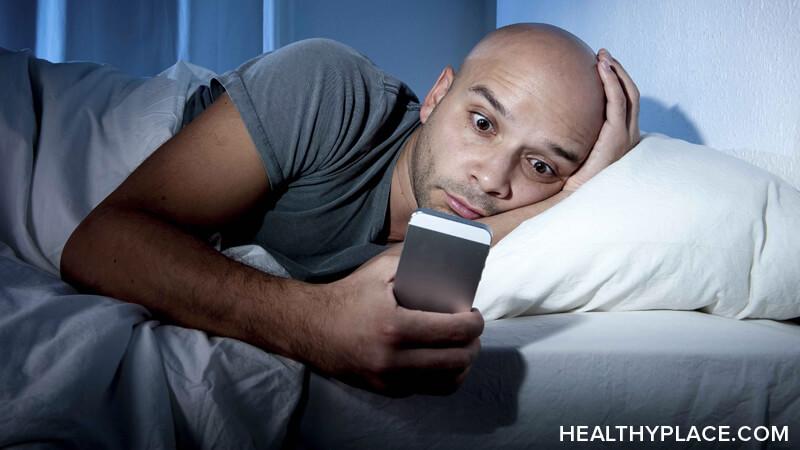Why Is It So Hard to Take a Guilt-Free Mental Health Day?

When was the last time you took a mental health day and didn't feel guilty about it? Wait, when was the last time you took a mental health day in the first place? Let's take a look.
What Is a Mental Health Day?
According to Verywell Mind, a mental health day is:
"A day you take off from work or school, and minimize any commitments or responsibilities. You can use this time to focus on relieving stress, relaxing, having fun, and preventing burnout. When you feel like your stress levels have reached their peak, it might be time to take a quick break to reset in the form of a mental health day."1
Will taking a day off from paid or unpaid work help you combat long-term issues like burnout? Of course, it won't. But it can help you cope with overwhelm and give you the headspace to put together a plan to reduce your stress levels. Almost everyone I know has taken a day off from work to cope with stress or burnout in the last three years. However, for most of them, they weren't guilt-free mental health days, thus reducing their efficacy.
Why Do We Feel Guilty Taking a Mental Health Day?
There are many reasons why guilt-free mental health days are so rare. I believe the primary reason is that most of us still don't take mental health as seriously as physical health. So, while it is easy for us to take a leave when we have a splitting migraine, we feel we must show up at work even while struggling to breathe due to anxiety. Whenever it is impossible to pull through, we take the day off from work by citing some physical health issue or family emergency. The act of lying causes immense guilt, making it hard for us to relax and recharge. Telling a lie also makes it seem like our mental health issues are not severe enough to warrant a day of rest.
3 Tips for a Guilt-Free Mental Health Day
Feeling guilty for taking some time off is pointless. A mental health day should be spent doing activities that destress you -- like journaling, taking a nap, or watching your favorite film. Check out some of my tips that will allow for a guilt-free mental health day:
- Change the narrative -- Irrespective of whether you can be honest at work, you should be fully aware of why you are taking time off to rest and recharge. Accept that you are stressed and overwhelmed and need time off to improve your mental health. Do not let negative self-talk downplay or invalidate your mental health issues. Remember: you are not being lazy; you are simply taking care of yourself.
- Listen to your gut instinct -- Your mental health day is yours to spend; spend it doing whatever you feel you need to do to feel better. For example, to take a break from everyday life, you may feel like playing a fantasy video game. Who says you are supposed to lie in bed on your sick day? Go ahead and play that game. And while you are at it, avoid thinking about work.
- Stay off social media -- I think social media is the last place you should be in at this point in time because most people showcase a fake persona online. Seeing social media posts of people "living their best lives" can lead to you feeling sorry for yourself. So, forget what the rest of the world is accomplishing, focus solely on your need for rest and recreation, and be unapologetic about it.
How do you ensure your mental health days are guilt-free? Let me know in the comments below.
Source
-
Scott, E., PhD. (2023). When You Should Take a Mental Health Day Off Work. Verywell Mind. https://www.verywellmind.com/when-and-how-to-take-a-mental-health-day-3144754
APA Reference
Shaikh, M.
(2023, July 5). Why Is It So Hard to Take a Guilt-Free Mental Health Day?, HealthyPlace. Retrieved
on 2025, November 14 from https://www.healthyplace.com/blogs/mentalhealthforthedigitalgeneration/2023/7/why-is-it-so-hard-to-take-a-guilt-free-mental-health-day
